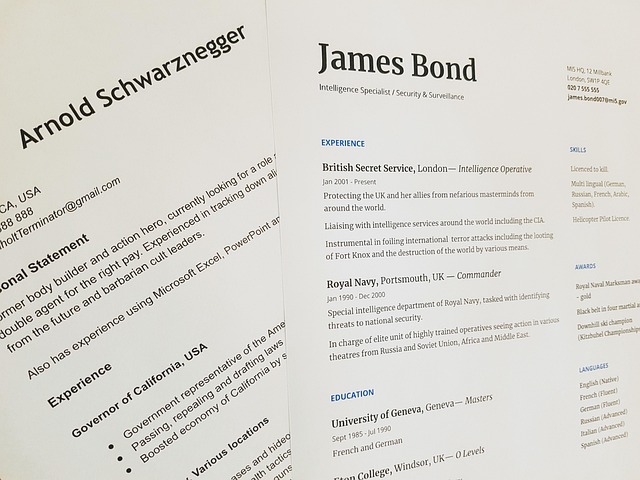Mining Careers in Australia: A Guide to Industry Opportunities and Requirements
Australia's mining sector offers diverse career paths across multiple specializations, from engineering roles to skilled labor positions. This guide provides an overview of common mining career pathways, requirements, and industry expectations for both domestic and international workers interested in the Australian mining sector.

Mining Engineer Positions in Australia’s Resources Sector
Mining engineer roles in Australia typically require a bachelor’s degree in mining engineering or related field, along with relevant professional certifications. Engineers oversee mine planning, operations, and safety protocols. Entry-level positions often start with graduate programs at major mining companies, while experienced engineers may work as project managers or consultants. Professional registration with Engineers Australia is generally required for practice.
Understanding Underground Mining Career Opportunities
Underground mining positions encompass various specialized roles, including development miners, production operators, and maintenance technicians. These positions require specific qualifications such as underground mining certificates, relevant tickets, and safety training. Workers must complete mandatory induction programs and maintain current certifications for underground operations compliance.
Mining Industry Accommodation Arrangements
Many mining operations, particularly in remote locations, provide accommodation arrangements for their workforce. These typically include either camp-style facilities (FIFO - Fly-In-Fly-Out) or residential housing in mining communities. Accommodation benefits vary by employer and location, with arrangements specified in employment contracts. Workers should verify specific accommodation terms during the application process.
International Worker Requirements for Australian Mining Jobs
International candidates must meet specific visa and qualification requirements to work in Australian mining. This includes obtaining appropriate work visas, having qualifications recognized by Australian authorities, and meeting English language proficiency standards. Skills assessments and safety certifications may need to be completed or transferred to Australian equivalents.
Training Programs and Professional Development
The mining industry offers various training pathways, including apprenticeships, traineeships, and professional development programs. New entrants often start with site-specific training and safety courses. Major mining companies frequently provide structured development programs for both technical and operational roles.
Notice: This article provides general career information and should not be considered as active job listings. All positions mentioned require appropriate qualifications, experience, and legal work rights in Australia. Specific job opportunities, terms of employment, and benefits packages vary by employer and should be verified directly with hiring organizations.
Accommodation, salary, and benefits information provided represents industry standards but may vary significantly based on employer, location, and market conditions. Readers should conduct independent research and consult with relevant authorities regarding current requirements and opportunities.




